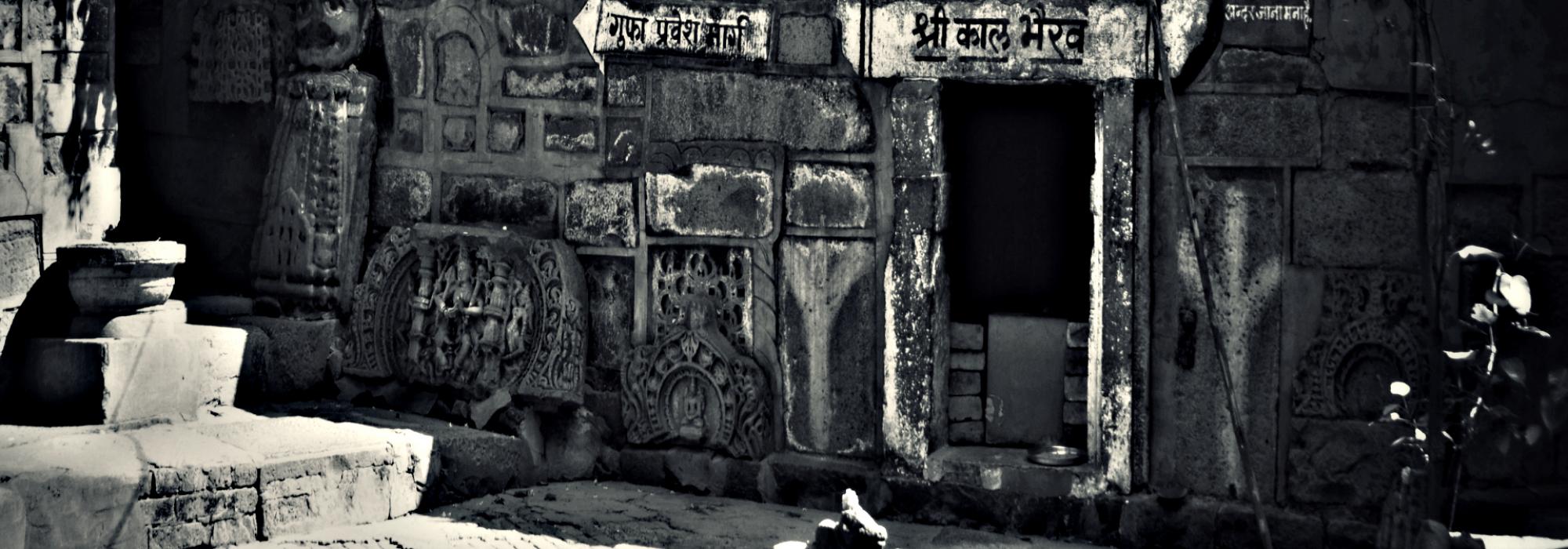यां चिन्तयामि सततं मयि सा विरक्ता
साप्यन्यमिच्छति जनोऽप्ययमन्यसक्तः ।
अस्मत्कृते च परितुष्यति काचिदन्या
धिक्तां च तं च मदनं च इमां च मां च ॥
yam chintayami satatam mayi sa virakta
sapyanyamicchati janopyayamanyasaktah |
asmatkrte ca paritushyati kachidanya
dhik tam cha tam cha madanam cha imam cha mam cha ||
Bhartrhari, the celebrated poet of Nitishatakam, Shringarashatakam, and Vairagyashatakam, needs no introduction. His works are veritable treasures in grammar and philosophy. Tradition tells us that he is the author of Vakyapadiyam, the popular treatise which expounds the philosophy of grammar. Poetry, philosophy, the study of politics – all find a place in his fascinating tale. His life has even inspired a traditional drama. But unfortunately we don’t know much about the details of his life, and whatever little is known cannot be relied upon as the truth. Many stories have been woven around him. Unreliable though they may be, they serve as illustrations of his unique personality.
Bhartrhari was a king. By the time our story begins, he was popular as the author of many texts. Once, a sage came to him and handed him a fruit. It was a fruit that could bestow eternal youth. Bhartrhari was very fond of his wife, who was his very life. Not wanting the fruit for himself, he gave it to her. The queen gave it to her lover, an attendant in the royal palace. But he was in love with a dancer and the fruit went to her. The dancer in turn gave it to the king, whom she idolized. The fruit had come a full circle. Dejected by this, Bhartrhari gave up his kingdom and became a sannyasi. This verse marks the momentous event. These are the last words uttered by Bhartrhari as a king.
She, the constant subject of my thoughts, is indifferent towards me
She’s in love with another fellow, but he longs for someone else
This someone is madly in love with me – Damn them all!
She, he, and the special someone
Oh wait, Manmatha caused all this – Damn him too!
And damn myself
It is the general belief that after this event Bhartrhari composed his famous Vairagyashatakam and a number of other works related to advaita vedanta, which are not available today.
Translated from Kannada by Shashi Kiran
(The original article is from the anthology Kavitegondu Kathe.)















































